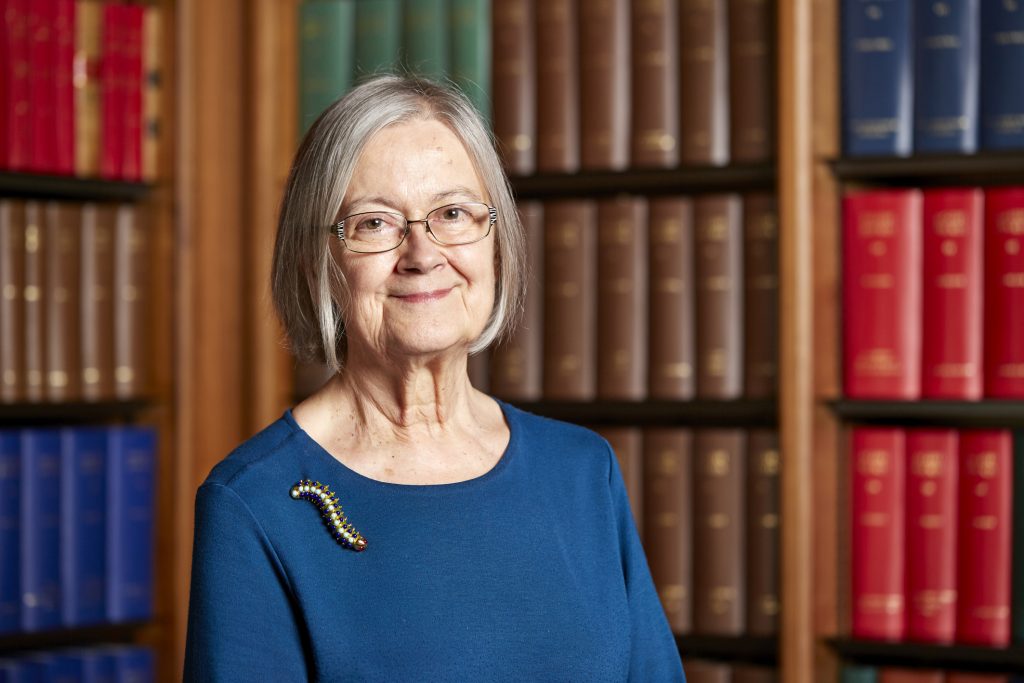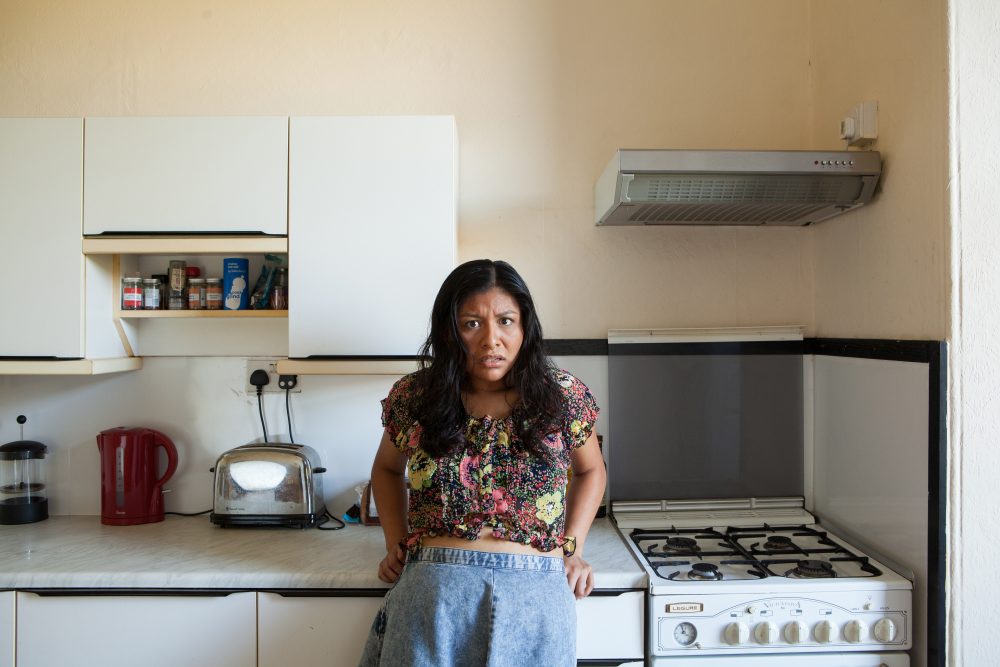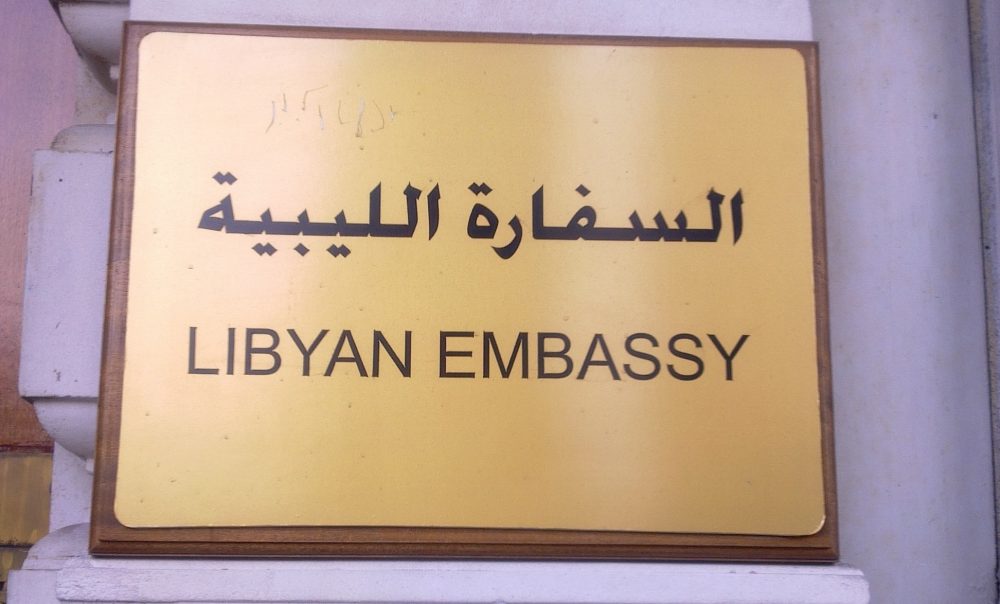Last week, on national Anti-Slavery Day, the UK’s Supreme Court ruled on three cases brought by employees of the Saudi Arabian, Sudanese and Libyan embassies in London.
It decided that the employers could not rely on “diplomatic immunity” when it came to allegations of mistreatment and possible trafficking of domestic workers employed in their London embassies. In two cases, it decided that this would be a breach of the employees’ human rights.
The Al-Malkis

One of the cases concerned Mr Al-Malki, a Saudi Arabian diplomat, and his wife. They had employed Ms Reyes as a domestic servant at their London residence. In June 2011, Ms Reyes brought a claim to the Employment Tribunal, alleging that she had been trafficked to the UK, and that the Al-Malkis had breached her employment rights and discriminated against her.
The Al-Malkis claimed that the Employment Tribunal did not have “jurisdiction” – it did not have the right to make a decision on their case – because as a diplomat Mr Al-Malki was covered by the Vienna Convention on Diplomatic Relations. This Convention states that a diplomat’s actions committed on behalf of a State, or “to facilitate diplomatic relations,” cannot be judged by a domestic court.
The Libyan and Sudanese Embassies
In the other two cases, Mr Janah and Ms Benkharbouche, Moroccan individuals employed by the Libyan and Sudanese embassies in London, had both brought claims in the Employment Tribunal after they had been dismissed from their jobs. The Tribunal dismissed both claims on the basis that the embassies were entitled to “state immunity,” under the State Immunity Act 1978.
This Act says that a foreign State is immune from the jurisdiction of a UK court in certain circumstances – including where the claimant works for that State’s diplomatic mission.
What did the Supreme Court Decide?
In Ms Reyes’ case, the Court decided that the Al-Malkis could not rely on their diplomatic status to protect them in all situations. At the time of the case, Mr Al-Malki’s posting had ended, and as a result they only had “residual immunity,” which applied to “official functions.” This did not include employing someone to carry out domestic tasks.
Interestingly, when giving their judgments, Lord Wilson, Lady Hale and Lady Clarke all agreed that even if Mr Al-Malki’s post had not come to an end, they might still have made the same decision due to the circumstances. These included the fact that exploitation of migrant domestic workers by diplomats is a significant problem, and the fact that there were allegations of human trafficking.
 Lady Hale
Lady Hale
In Mr Janah and Ms Benkharbouche’s cases, the Supreme Court decided that although the 1978 Act gave the Libyan and Sudanese embassies state immunity, this was not consistent with international law – where generally a State can only be immune for “sovereign acts” – i.e. acts related to its official function, which would not include employing domestic staff.
Importantly, the Court also decided that granting the embassies immunity would breach the employees’ right to a fair trial under Article 6 of the Human Rights Convention.
Regardless of immigration status and no matter who employs them, vulnerable workers should have a right to bring their claims… full stop.
– Jakub Sobik, Anti-Slavery International
Trafficked to London
Ms Reyes claimed that she was a survivor of human trafficking – she had essentially been sold to her employers. This reflects a wider problem – every year, 16-17,000 “potentially vulnerable” domestic workers receive clearance to enter the UK. From 2003 to 2011, approximately 76% of these workers were women.
Article 4 of the UK’s Human Rights Act (HRA) prohibits slavery and forced labour. Specifically, it says that no one should be held in slavery or servitude or be required to perform forced or compulsory labour.
In 2015 the UK introduced the Modern Slavery Act, which attempts to reinforce the protections in Article 4. The Act made changes such as increasing the maximum penalty for offences, establishing the Independent Anti-Slavery Commissioner, and creating the “slavery and trafficking statement” for employers.
Freedom from Discrimination

Ms Reyes also claimed that the Al-Malkis had discriminated against her on the basis of her race. This issue was not dealt with directly by the Supreme Court, but will be dealt with by the Employment Tribunal now that the Court has decided that the Tribunal must hear her case.
Article 14 of the HRA protects our right to enjoy our other rights under the HRA free from discrimination on any grounds – such as our skin colour, nationality, gender or ethnic origin. This includes “direct” and “indirect” discrimination.
This protection is also reinforced by the UK’s Equality Act 2010. The Act prohibits discrimination based on any of the 9 listed “protected characteristics” – which include race, gender, disability and nationality. It is key to protecting many people’s rights, as it applies to employers, education providers, and anyone working in the public sector.
What Next?
For the claimants – Ms Reyes, Mr Benkharbouche and Ms Janah – these decisions mean that the Employment Tribunal will now hear their claims against their former employers.
I know there are lots of other domestic workers who have suffered like me and I am delighted that they will be able to use this case to get redress.
– Ms Reyes
Others are also hoping that the decisions will send a clear message to diplomats in the UK and abroad that they will be held accountable for their treatment of workers.







